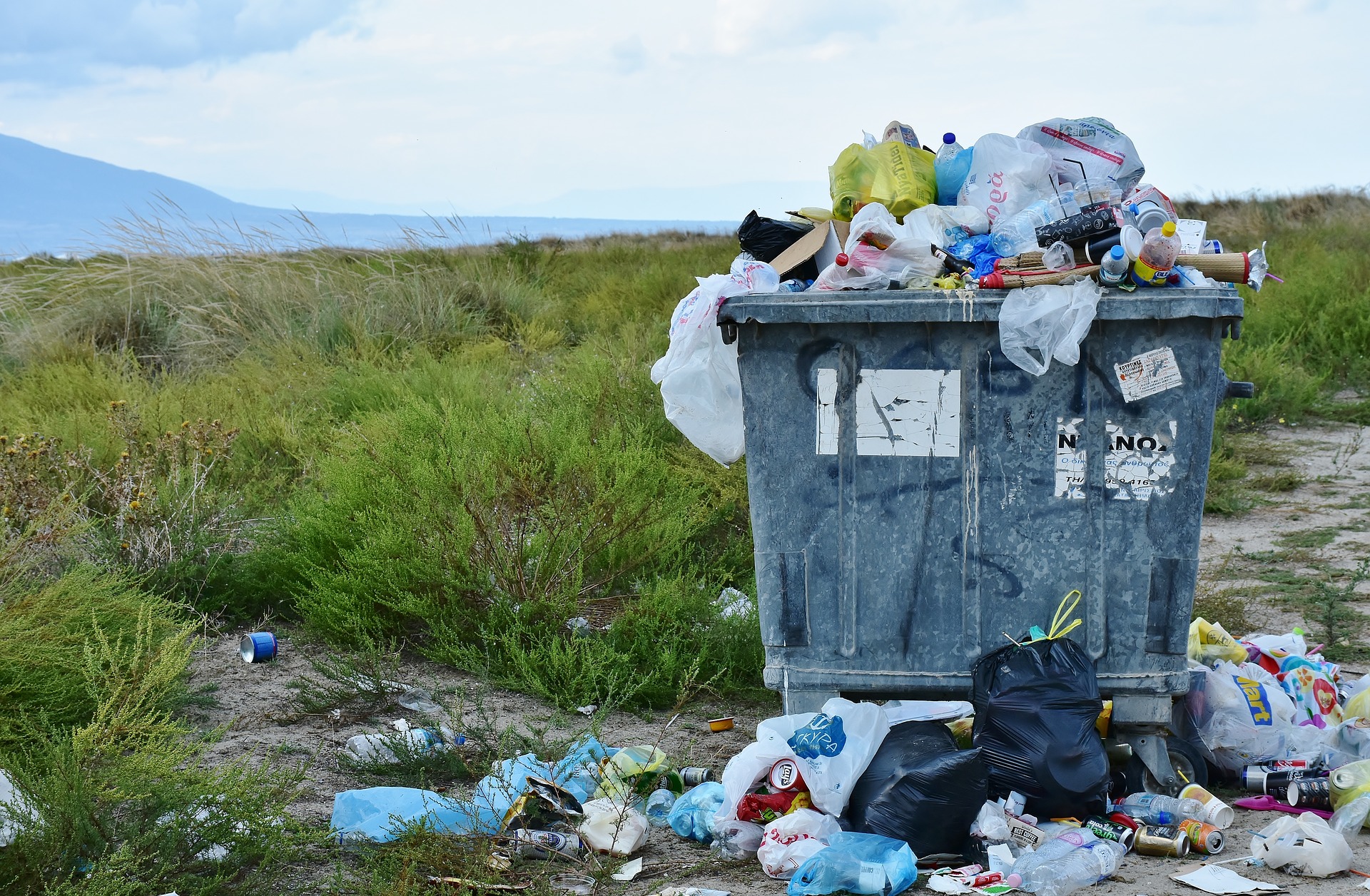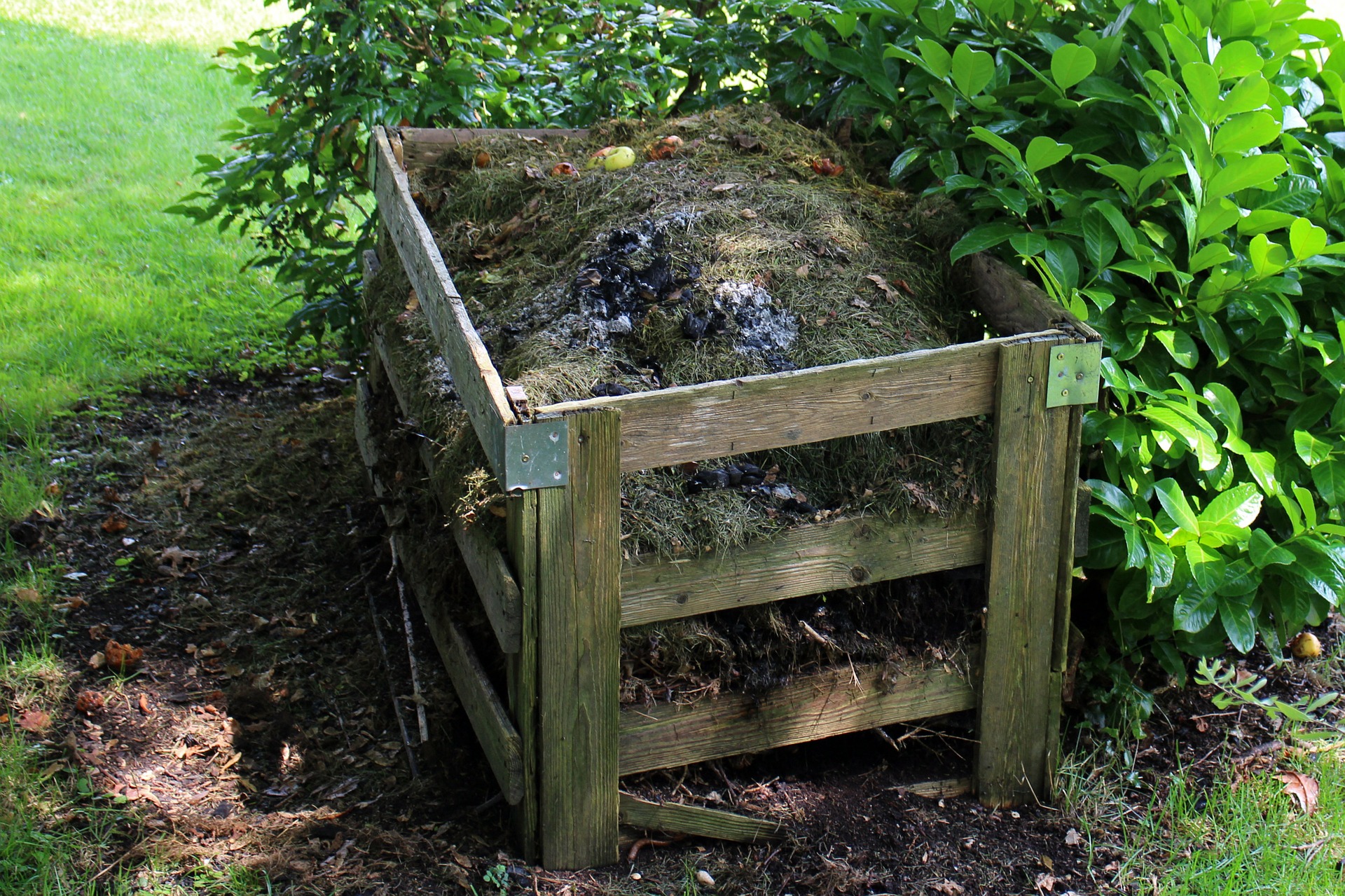
On January 1, 2018, the Chinese government banned the import of plastic waste. Why pays a country for waste of others and what happens with it? What are the countries doing now, with all the garbage they have to deal by them selfs because of the importban? Endless questions but in this article you will find answers.
Countries like Germany, Spain or France can no longer ship their plastic waste to China as usual. The chinese government has introduced a ban on imports, which initially concerns mainly plastic waste, but in march it should be extended on other types of waste.
Reasons for the import ban of plastic
- China has a green vision and wants to avoid garbage
- Often the garbage is very dirty
- Too little recycling increases the cost of elimination
What happended with our waste in China?
With buying waste from other countries China had a financial benefit, to reuse the waste. There they sorted the garbage others did not want recycled and reprocessed it.

Waste treatment options:
Recycling:
Components of old products are re-used for the production of new ones.
Energy production:
By burning waste, the energy within the garbage is converted into electrical energy. While this is a relatively efficient way to access energy, it is not the cleanest.
Landfill:
The most polluting option. Land is used for the storage of waste, it does not look nice, smells bad and is particularly harmful to the environment by the leaching of toxins into the ground.

The garbage problem is getting worse
It is not new, that our own garbage becomes more and more a problem. In water, land and air we find harmful particles of things that we no longer want. Especially in the so-called developed countries, we consume more than we really need. Eventually, the unnecessary stuff ends up, in a trashcan or worse, in nature.

What mistake the EU should avoid?
Around one third of all plastic waste has been sent to China in recent years. There you they obviously have enough of it, too. Countries such as Poland, Romania or Vietnam are now increasingly focusing on the export of other countries.
Simply changing the country and dumping the dirt there, just because the elimination is cheaper, does not seem to make sense. Instead of doing it that way it would be important, that every country contributes to the creation of a circular economy.

Circular economy
In Europe, above all, we have to learn to clean and eliminate our garbage ourselves. This works quite well in some countries. Germany or Austria for example have recycling rates of 60%.
Return systems such as for glass, will bring a country closer and closer to a circular economy. The goal is to produce no waste and if we can not avoid it only biodegradable. A material should thereby be used again and again, from the extraction of the raw material to the recycling of a product.
What can I do?
The 6 R’s of sustainability
- reduce
- reuse
- refuse
- Rethink
- Repair
- Recycle



